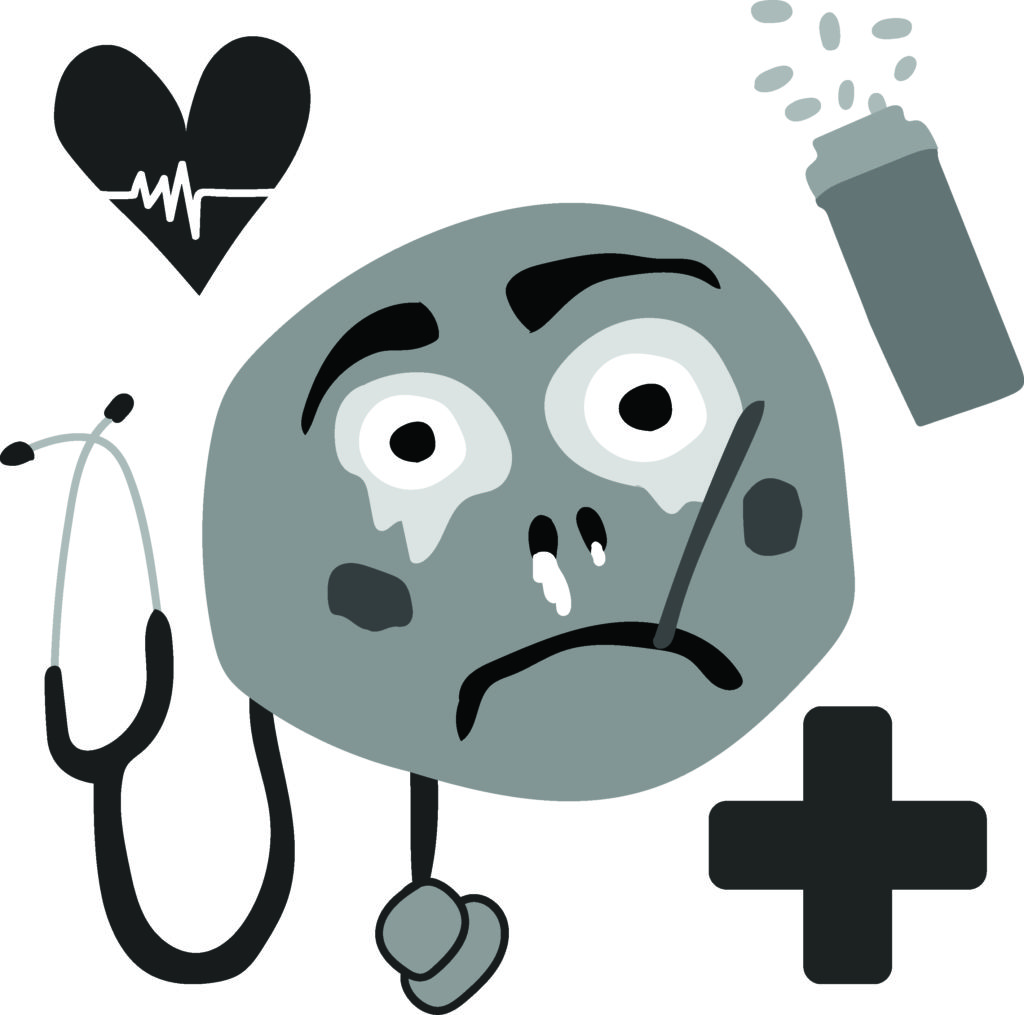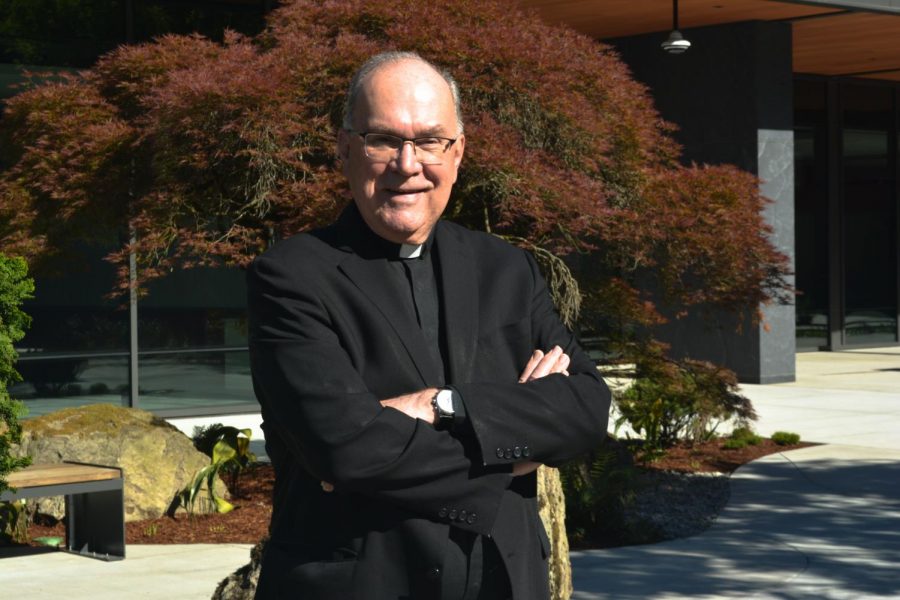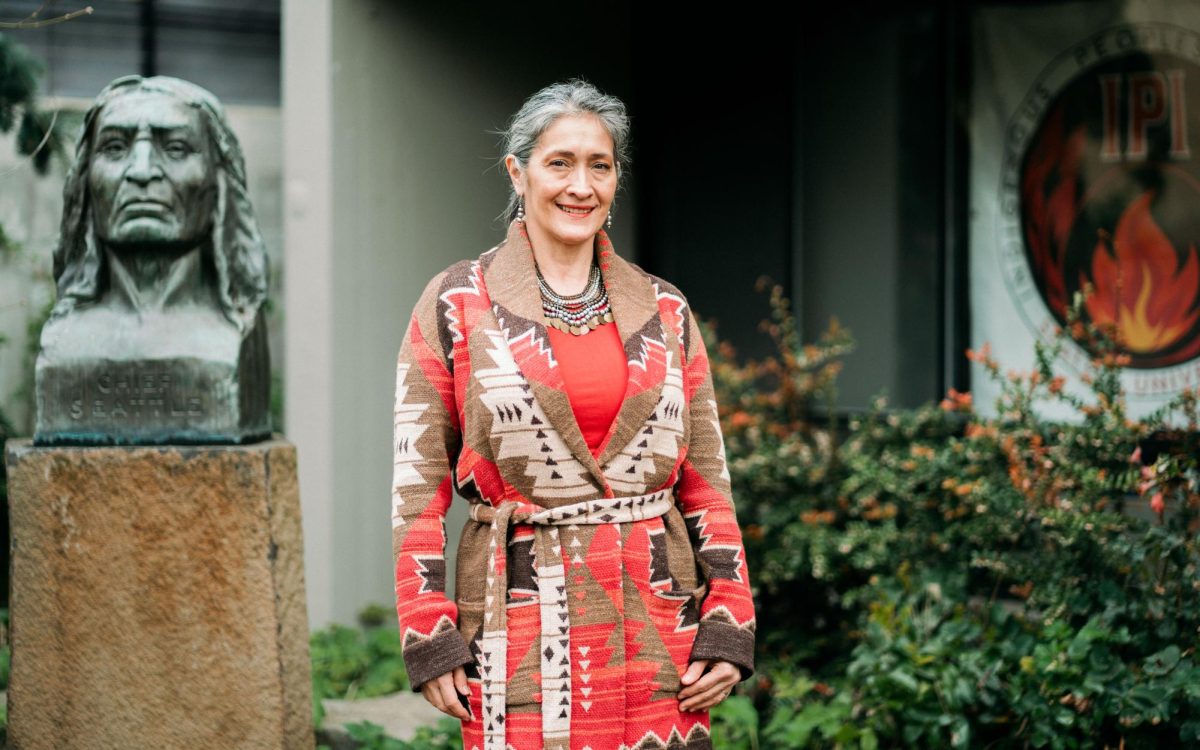Often, staying healthy is difficult while studying for midterms, completing essays and navigating the dynamic between one’s roommates. Students often place their health on the backburner, intensifying any susceptibility to illness, both physical and mental.
Currently, the main effort to help direct students in the care of their health are those of the Wellness and Health Promotion office. This office focuses on prevention and education relating to physical wellness, alcohol and other drugs, mental health and healthy relationships.
Ryan Hamachek, the director of the Wellness and Health Promotion office, said that part of the reason they focus on educating students about their health and self-care options are to prevent the Student Health Center and Counseling and Psychology Services (CAPS) from being booked for over two weeks.
“Part of this is an attempt to keep people out of the Student Health Center who don’t need to go,” Hamachek said. “We don’t want to turn anyone away from care, but at times folks are going in for a cold and taking an appointment spot from someone who may have strep throat or need a vaccination.”
The Wellness and Health Promotion office also helps educate students about when to seek care and assists them in understanding and finding resources on and off campus based on their insurance.
Unfortunately, the efforts of the Wellness and Health Promotion office are not enough to reach many students. Sophomore Toni Wells said that most of the advertisements she has seen on campus surrounding mental and physical health are for CAPS and the Student Health Center.
“The other resources on campus are not advertised enough,” Wells said. “I don’t know much about what they do, where they are located, or why I should go to those places.”
Advertisements for other resources that support student health like the Health and Wellness Crew (HAWC), Campus Ministry and student clubs lack visibility. As a result, students are not provided with the information needed to make informed decisions concerning their health, which leaves them scrambling for answers in the most convenient and recognizable places, the Student Health Center and CAPS, and creates a scheduling delay for these student resources.
In addition to the absence of promotions surrounding alternative student health services, the Student Health Center has been overbooked as a result of unfilled vacancies in their clinical staff.
Tara Hicks, the interim director of the Student Health Center, stated in an email interview that they are working quickly to resolve the temporary situation as quickly as possible.
“We are actively recruiting, interviewing and hiring new staff to better serve our students. The team has shown resilience in keeping the clinic open and functioning despite our vacancies,” she wrote. “The goal for the Student Health Center would be for students to be seen within 24–48 for an acute, urgent problem and within a week for routine, non-urgent visits.”
In response to cold and flu season, the Student Health Center and the Wellness and Health Promotion office are providing free cold and flu kits for students to pick up. Some items included in the kits are over-the-counter medication, disposable thermometers and advice on when to seek medical care.
If students need to seek medical care and are unable to get an appointment with the Student Health Center, they can visit off campus clinics or utilize their 24/7 medical consultation service provided through their insurance carrier.
Concerning psychological health, students can take online screenings 24 hours a day, anonymously and confidentially, to help them find out where they are in their level of need, and they can go to CAPS during their urgent care hours in a crisis or they can visit the Wellness and Health Promotion office to talk to a staff member or a student in HAWC.
Although these alternative services are provided for students, Wells remains concerned.
“I would like to think that I’m paying for the resources I’m told are provided for me. There should be enough resources to allocate the funds necessary to provide those services and make them fully accessible to all students,” she said. “The school should try to promote more communities to find support with so students can be in community with people they relate to particular to the identities they care about.”
Hamachek agrees in saying that most of the time, we just need someone to talk to.
“The thing that I am working to remind students of is that having feelings is alright,” he said. “Even feeling sad is totally normal. It doesn’t necessarily mean we need to seek psychotherapy, but there are times where [CAPS and the Student Health Center] can be super helpful.”
Hunter may be reached at
[email protected]













